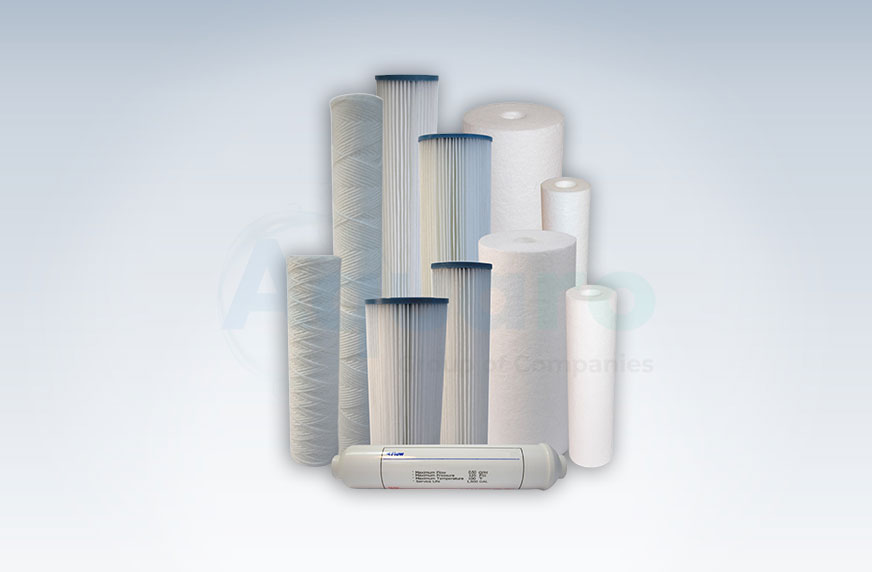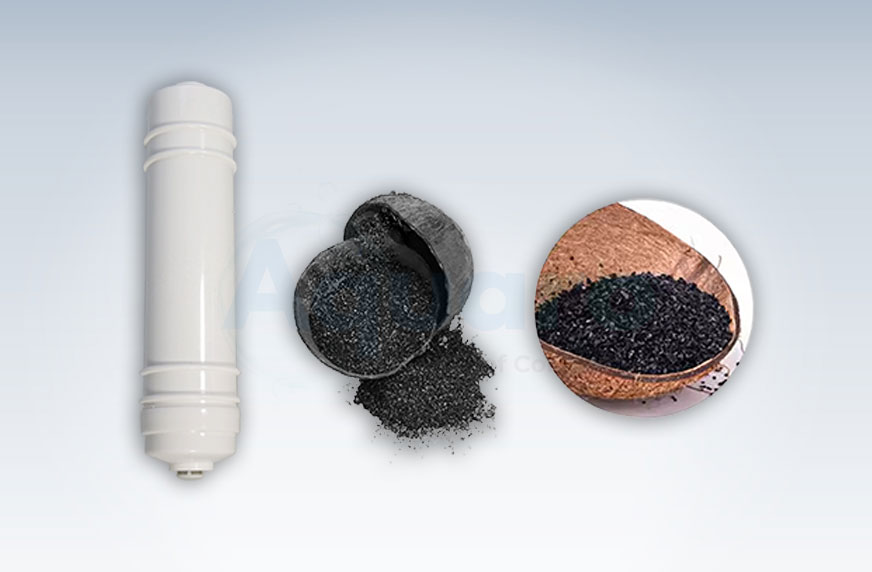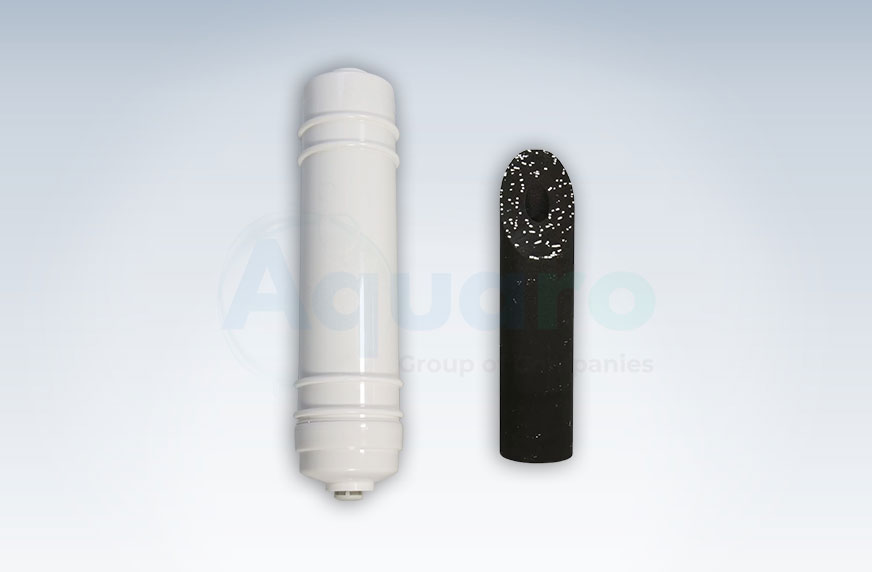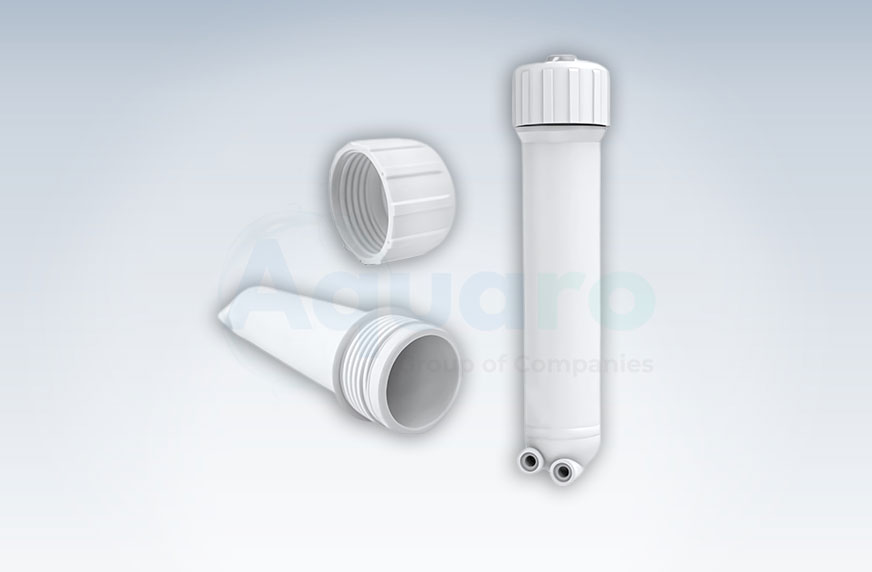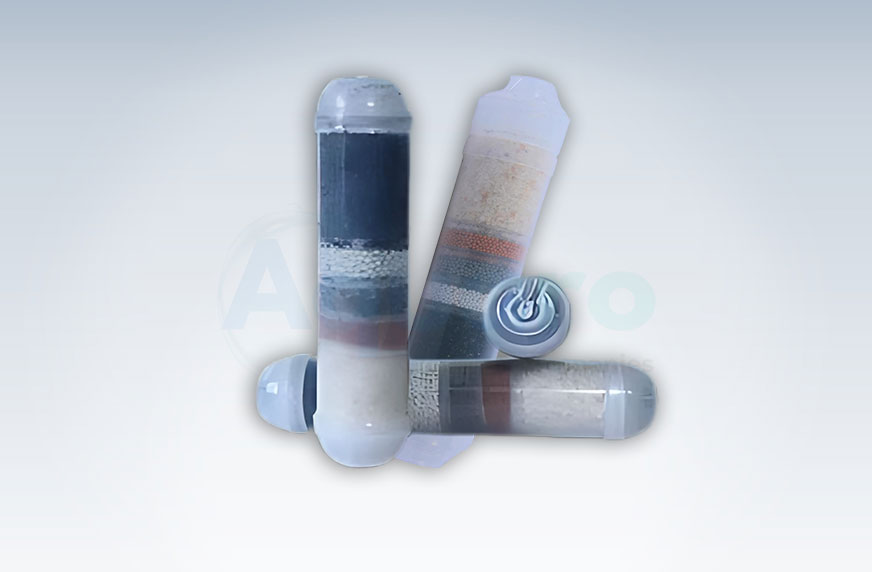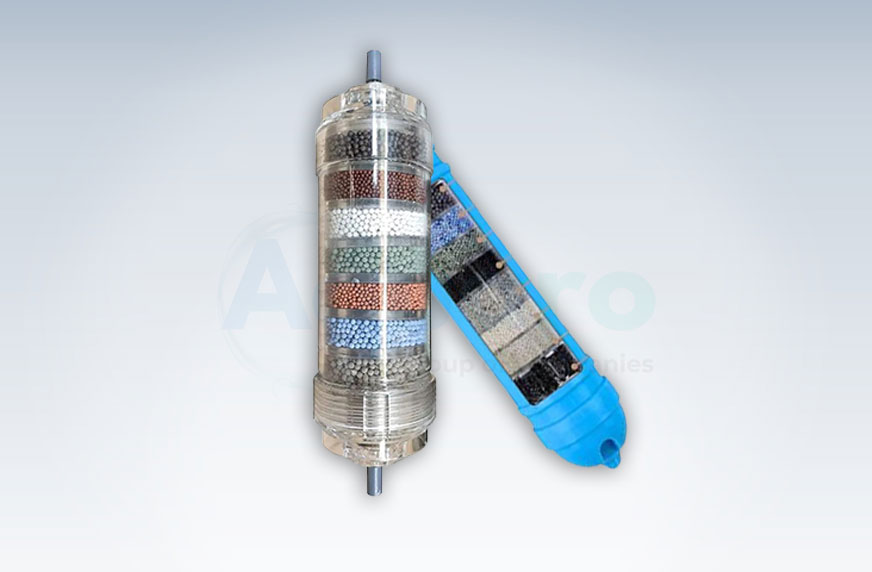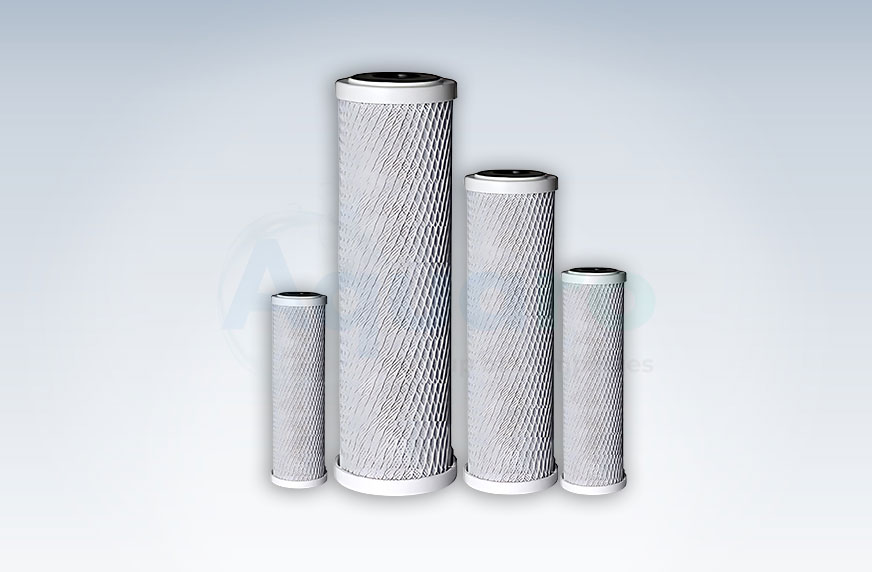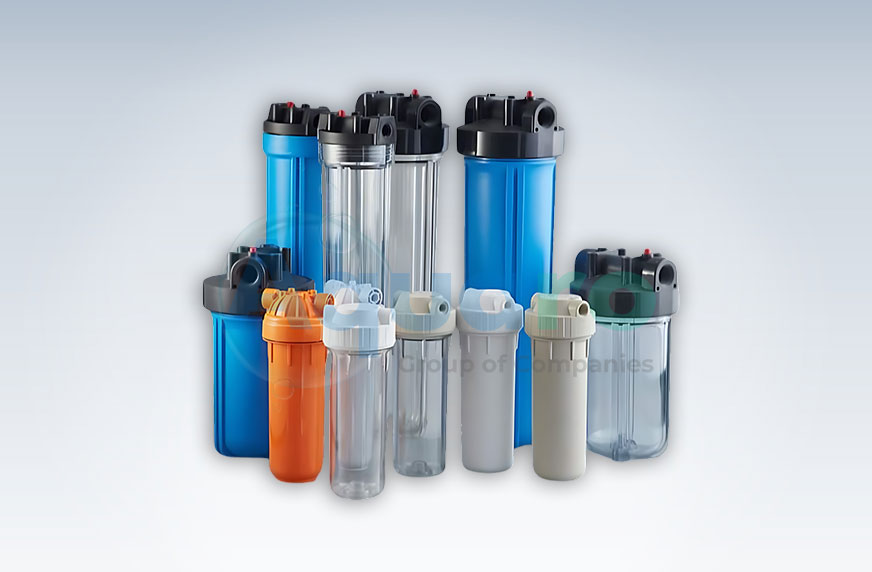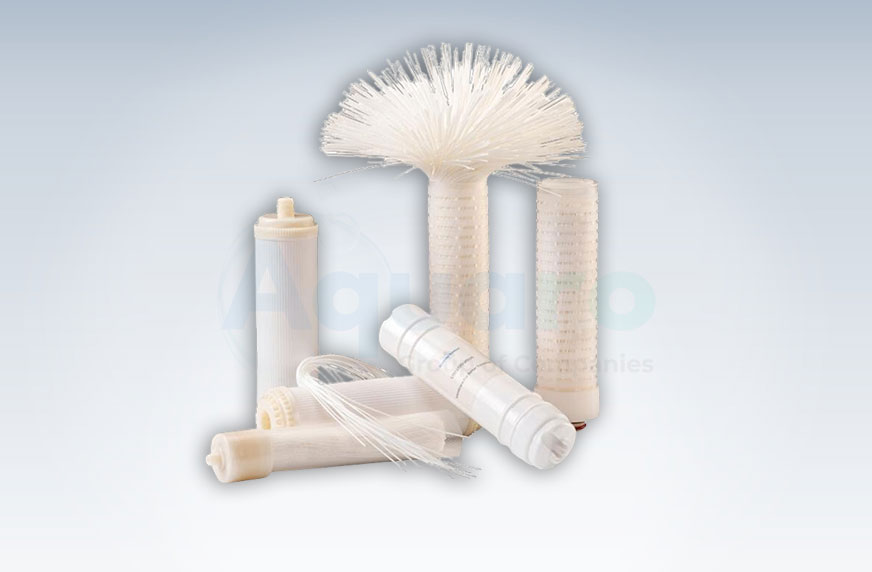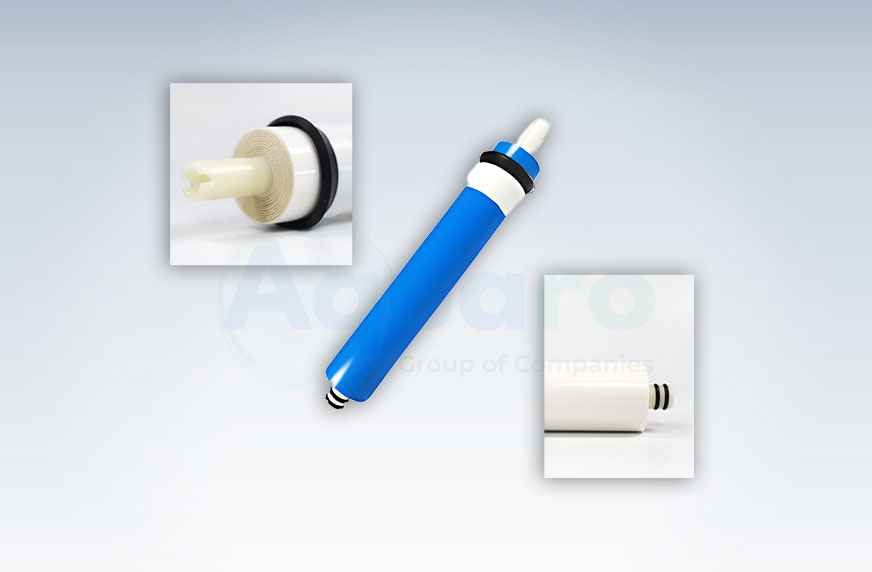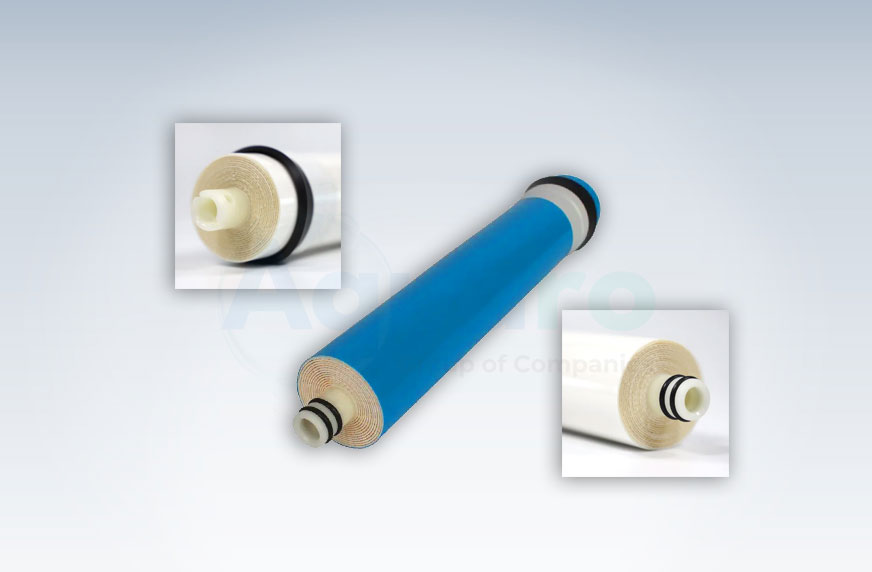
How Advanced Water Filtration Systems Improve Health.
Home Blog How Advanced Water Filtration Systems Improve Health.

How Advanced Water Filtration Systems Improve Health.
Water is an essential element for human survival. It's the foundation of life, making up about 60% of the human body. Access to clean, safe drinking water is critical for maintaining health, yet millions of people globally lack this basic necessity. The water we consume can be contaminated with various pollutants, chemicals, and pathogens that can lead to serious health issues. Advanced water filtration systems are designed to combat these risks, offering a way to ensure that the water we drink is pure and safe. These systems not only improve water quality but also have a profound impact on our overall health.
Contaminants in Water and Health Risks
Water contamination can stem from various sources, including industrial waste, agricultural runoff, and even the pipes that transport water to our homes. Common contaminants found in water include bacteria, viruses, parasites, heavy metals (like lead and mercury), pesticides, and chemicals such as chlorine and fluoride.
These contaminants can cause a range of health problems. For example, lead exposure is particularly harmful to children, leading to developmental issues and cognitive impairment. Waterborne pathogens like E. coli and Giardia can cause gastrointestinal diseases, which are sometimes fatal, especially in young children, the elderly, or individuals with weakened immune systems. Chemical contaminants such as pesticides and industrial solvents have been linked to cancers, hormonal imbalances, and other long-term health complications.
By using advanced water filtration systems, many of these health risks can be significantly reduced.
Types of Advanced Water Filtration Systems
There are various types of water filtration systems, each designed to target specific contaminants. The most advanced systems use multiple stages of filtration to ensure comprehensive purification. Below are some key types:
1. Activated Carbon Filters : These filters are highly effective at removing chlorine, volatile organic compounds (VOCs), and bad odors or tastes from water. Activated carbon is porous, trapping these contaminants and improving water's taste and smell. However, it’s not as effective at removing heavy metals or pathogens.
2. Reverse Osmosis Systems : One of the most thorough filtration methods, reverse osmosis (RO) systems use a semi-permeable membrane to remove 99% of contaminants, including heavy metals, nitrates, bacteria, and even dissolved salts. RO systems are ideal for areas where water is highly contaminated.
3. Ultraviolet (UV) Purifiers : UV water purification systems use ultraviolet light to kill bacteria, viruses, and other pathogens. While these systems don't remove chemicals or heavy metals, they are highly effective for ensuring microbial safety in water.
4. Ion Exchange Filters : These filters are often used to remove hard water minerals like calcium and magnesium, which can cause scaling in pipes and appliances. Ion exchange systems can also reduce the levels of certain radioactive elements like radium.
5. Ultrafiltration (UF) Systems : These systems use a membrane similar to reverse osmosis but with larger pores, making them effective for removing bacteria and parasites while allowing beneficial minerals to remain.
Health Benefits of Advanced Water Filtration
Investing in an advanced water filtration system offers numerous health benefits, improving both immediate and long-term well-being.
1. Reduction in Waterborne Diseases : One of the most significant benefits of water filtration is the reduction of waterborne illnesses. Pathogens like bacteria, viruses, and parasites can cause diseases such as cholera, dysentery, and gastroenteritis. By removing these harmful microorganisms, advanced filtration systems help prevent infections, especially in vulnerable populations.
2. Protection from Harmful Chemicals : Water sources often contain harmful chemicals like pesticides, industrial solvents, and even pharmaceuticals. Long-term exposure to these substances can increase the risk of chronic illnesses such as cancer, liver and kidney disease, and reproductive issues. Filtration systems that remove these chemicals help to minimize these risks.
3. Better Skin and Hair Health : Unfiltered water can contain harsh chemicals like chlorine, which strip the skin and hair of natural oils, leading to dryness, irritation, and other dermatological issues. By removing these chemicals, filtered water can improve skin hydration and hair texture.
4. Enhanced Digestion and Detoxification : Clean water is vital for proper digestion and detoxification. Our bodies rely on water to flush out toxins and aid in digestion. Drinking water free of contaminants allows the body to perform these functions more effectively, leading to improved metabolic health and immune system function.
5. Improved Hydration : Filtered water often tastes better, encouraging individuals to drink more. Proper hydration is crucial for various bodily functions, including temperature regulation, joint lubrication, and nutrient transport. By improving water quality, filtration systems promote better hydration, which in turn supports overall health.
Conclusion
Access to clean, safe drinking water is fundamental to health, and advanced water filtration systems provide an effective solution for ensuring water purity. By removing harmful contaminants, these systems protect against waterborne diseases, reduce exposure to toxic chemicals, and promote better overall well-being. Whether you're using a simple activated carbon filter or a complex reverse osmosis system, investing in advanced water filtration is an investment in your health. Clean water is not just a luxury; it's a necessity for a healthy life.

